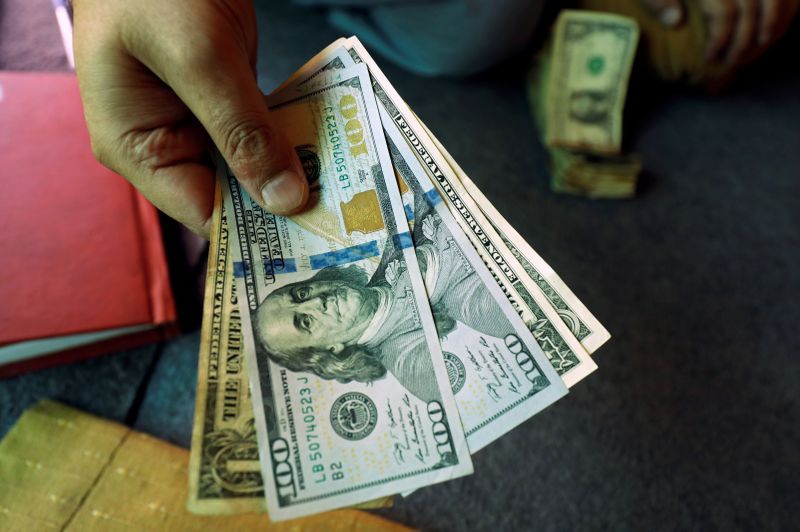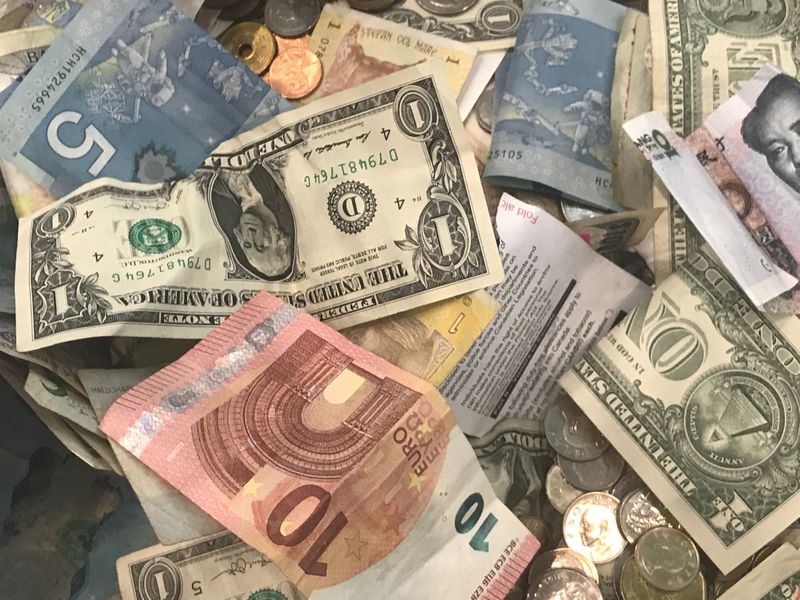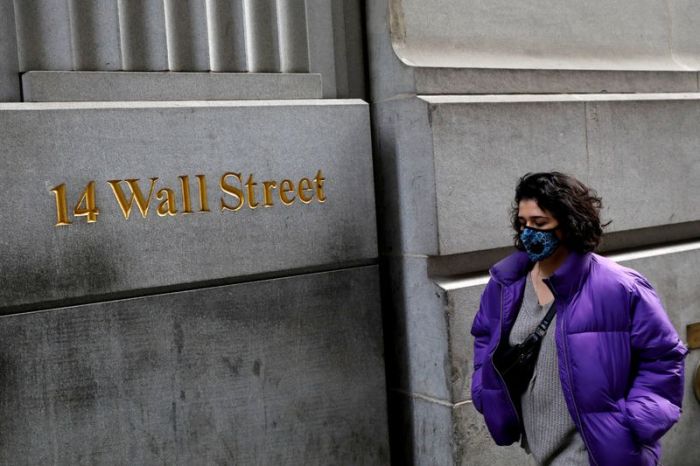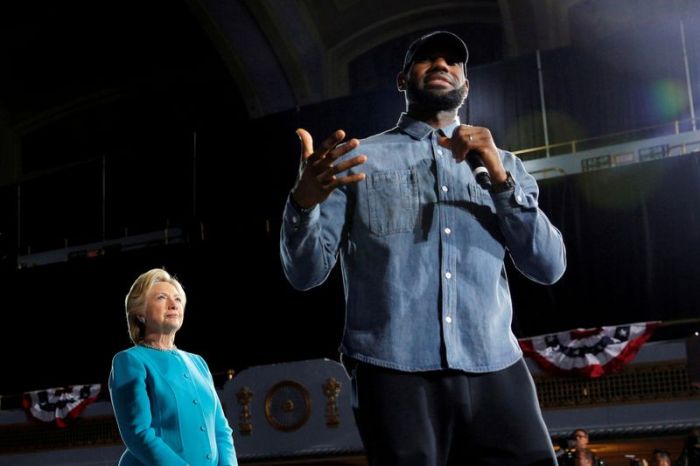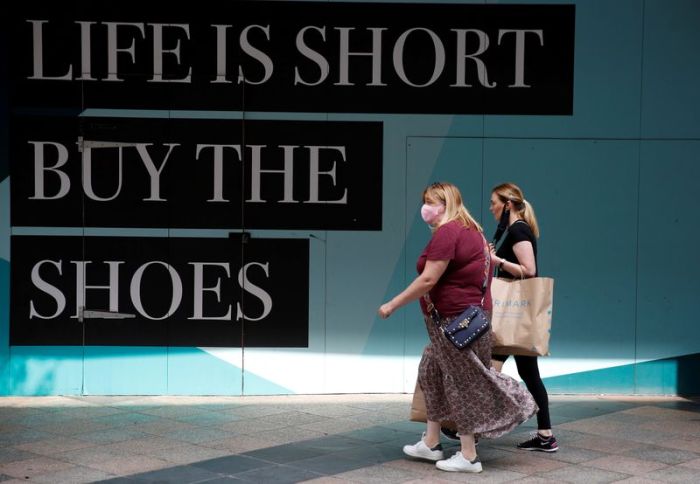NEW YORK (Reuters) – The dollar dipped on Tuesday as investors waited on comments from Federal Reserve Chairman Jerome Powell on Thursday about the U.S. central bank’s policy framework review, and after data showed improving German business morale.
The major focus for the dollar this week will be whether the Fed’s Powell signals that the U.S. central bank will shift its inflation target to an average. This would allow inflation to rise higher than previously before the Fed raises rates, which would be a further negative for the dollar.
“The most anticipated conversation is going to be Chairman Powell’s speech on Thursday,” said Minh Trang, senior FX trader at Silicon Valley Bank in Santa Clara, California. “The expectation is that there might be a subtle shift in how much the Fed will be willing to tolerate higher inflation in the future.”
The euro <EUR=> gained 0.41% on the day to $1.1835, after reaching $1.1965 on Monday, the highest since May 2018.
The dollar index measuring the greenback against a basket of currencies <=USD> fell 0.29% to 93.01.
The euro gained earlier on Tuesday after a German business climate index rose more than expected in August as both manufacturing and services picked up steam, boosting hopes that Europe’s largest economy is set for a strong recovery following the massive coronavirus pandemic shock.
It is “another data point that helps keep the euro at this stretched level,” said Kit Juckes, macro strategist at Societe Generale.
Rock-bottom interest rates and concerns about a more dovish inflation policy have reduced the relative appeal of the U.S. currency, while a relatively high level of COVID-19 infections is also casting doubts on the speed of the U.S. economic recovery compared with other regions, including Europe.
Data on Tuesday showed that U.S. consumer confidence dropped to a more than six-year low in August as households worried about the labor market and incomes, casting doubts on the sustainability of the economy’s recovery from the COVID-19 recession.
The dollar also weakened against riskier currencies, but gained against the safe-haven Japanese yen after the United States and China said they are still committed to their Phase One trade deal.
The Australian dollar <AUD=> rose 0.49% to $0.7196.
The greenback rose 0.36% against the yen <JPY=> to 106.35 yen.
(Reporting by Karen Brettell; Additional reporting by Olga Cortaga in London; Editing by Will Dunham and Dan Grebler)

